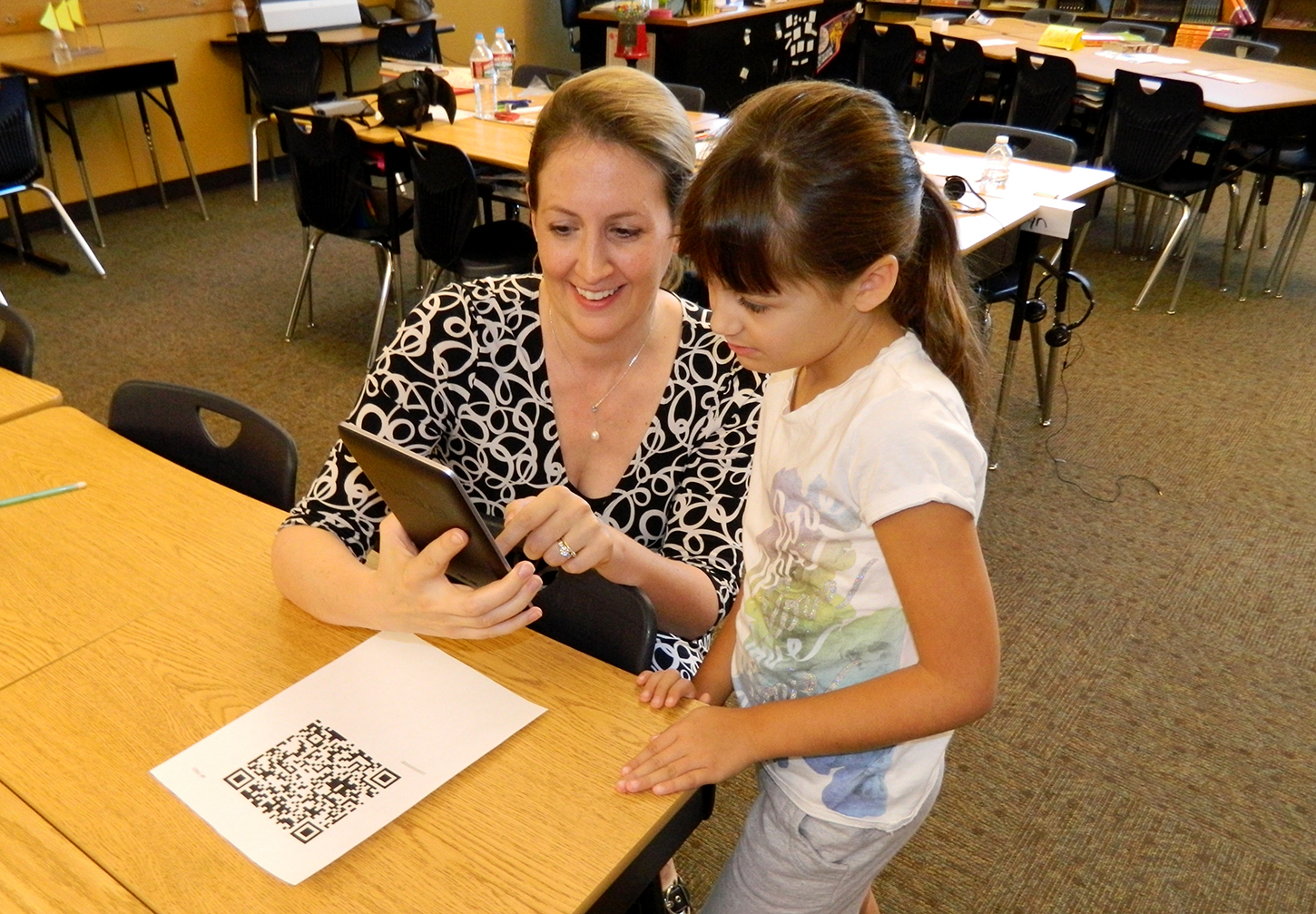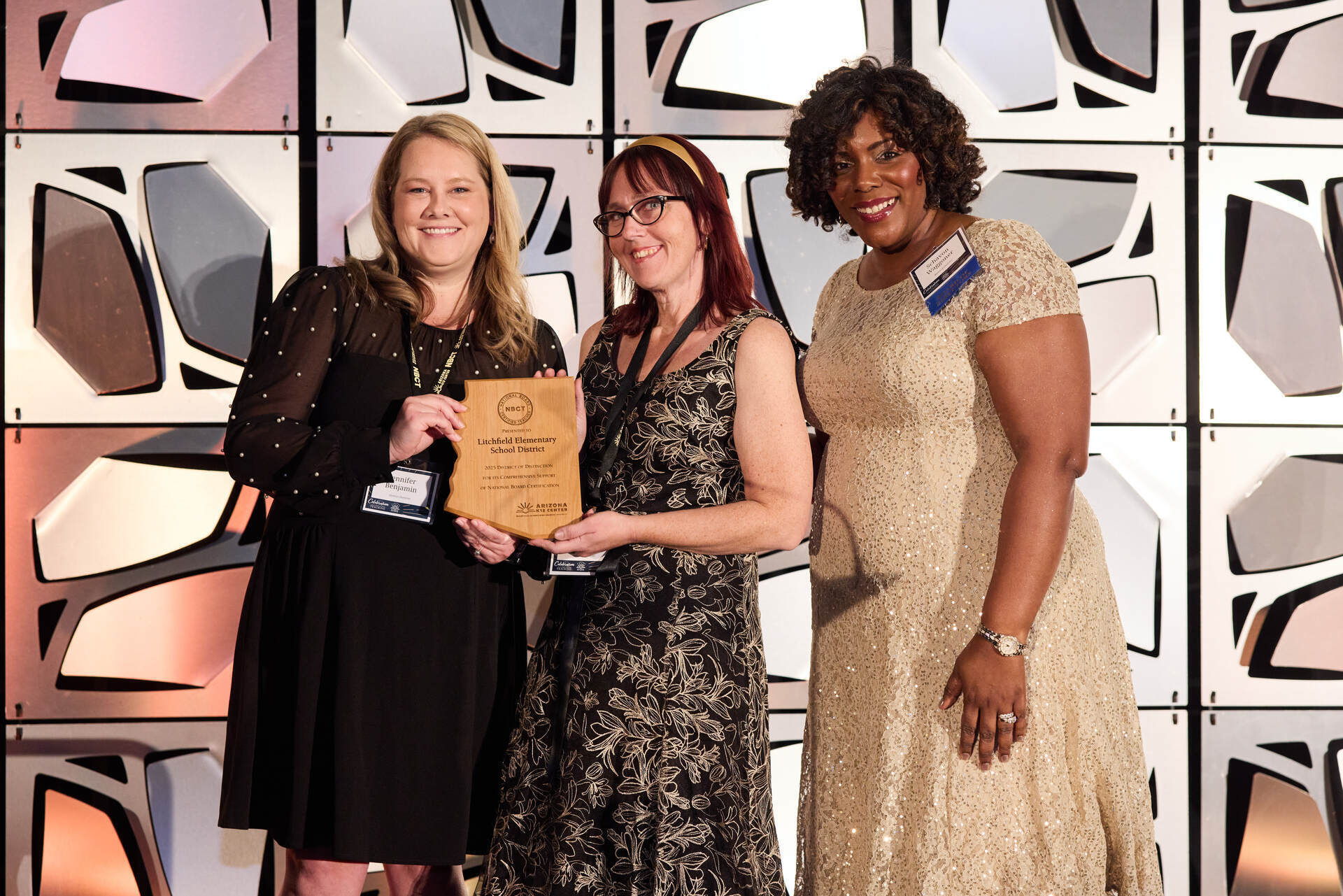November 2, 2017
Tame the Teacher Shortage: Career Changes
The teacher shortage is an appalling reality that’s far from new. While thousands are leaving the profession every year, there is hope in those who make the leap from another career to serve students in the classroom.
Houston (insert any city in the United States), we have a problem. Search the words “teacher shortage” on the internet and you will find plenty of articles, blog posts, and videos about educators leaving the field.
A report backed by the education expert, Linda Darling-Hammond, says, “Between 2009 and 2014, the most recent years of data available, teacher education enrollments dropped from 691,000 to 451,000, a 35 percent reduction. This amounts to a decrease of almost 240,000 professionals on their way to the classroom in the year 2014, as compared to 2009.”
The facts and figures are staggering. But, for the sake of putting names and faces to the numbers, put data aside. Let’s take a moment to thank two Arizona educators who left previous careers to mold learners and tame the teacher shortage, to the best of their abilities.
Saying Goodbye to Presets
Events with musicians, a jam-packed social calendar, and financial stability — sounds like the sweet gig, right? After eight years working in radio, Karen Mensing decided to mute the mic and hang up her headphones for a job in education.
“In the back of my mind, I always had an interest in being a teacher. Unfortunately, I was dissuaded by my parents,” says Mensing, a Paradise Valley Unified School District technology integration facilitator. “When the teacher shortage came to light in 2005, I got my certificate for substitute teaching and completed my master’s in elementary education.”
Mensing’s fondest memories stemmed from school. To her, the professional adjustment made sense. Plus, in the last 12 years she’s fully embraced the benefits of being a teacher: summers off, schedules that match her children’s, the feeling of a community, and the ability to be creative and innovative. She
“If you think your calling is teaching and you have a strong desire to make a difference, then I would absolutely encourage others to follow their passion and go into education. If you come from a more traditional job, there will be a lot of changes, including no more lunch hour, no more easily calling in sick, your weekends will be filled with grading papers and planning lessons, and in many cases you'll see a reduced salary. However, it is so important to feel happy and fulfilled with your career and there is something deeply satisfying about making the difference in the life of a child.”
According to the mother of two, the biggest bonus is versatility. “You will never be stagnant or bored as a teacher. There are always classes to take, new ideas to implement, and of course, no two students are exactly alike.”
From Closing Time to Class Time
Similarly, Dan Spiegel left a bustling career in the restaurant industry to spend his days with students at Camelback High School.
Having worked “just about every job in the restaurant business for at least one shift,” the New York native cashed out. As a 32-year-old freshman at Phoenix College, he enrolled in his first class back after “taking a semester off” 14 years before. And better late than never — Spiegel says he wouldn’t have done it any other way because the decision to pursue a career in teaching landed him his dream job teaching government and U.S. history.
“During my student teaching, I did that ‘only apply to your dream college thing,’ but instead it was my dream school of employment. And now I’m here at Camelback High School doing what I love, which is teaching history and helping kids become decent human beings,” he says.
After five years, the Phoenix Union High School employee can comically and realistically compare his two careers.
“Managing restaurants, serving, bartending, and teaching high schoolers are pretty similar. People in bars think they’re hot stuff and that they know it all, sort of like high schoolers. But because of this life experience, I’m good at being reactionary, which is necessary as a teacher,” he explains. “You have to read your crowd and understand that if your students aren’t learning, you’re not doing your job.”
Mensing and Spiegel agree — there are reasons people leave the education world, but the benefits of endurance are priceless.
“If I ever wanted to leave it would be heartbreaking. This is my element,” Spiegel says. “I love what I do and I love these kids. There are frustrating moments, but it’s more than rewarding. What we do is life-changing.”











